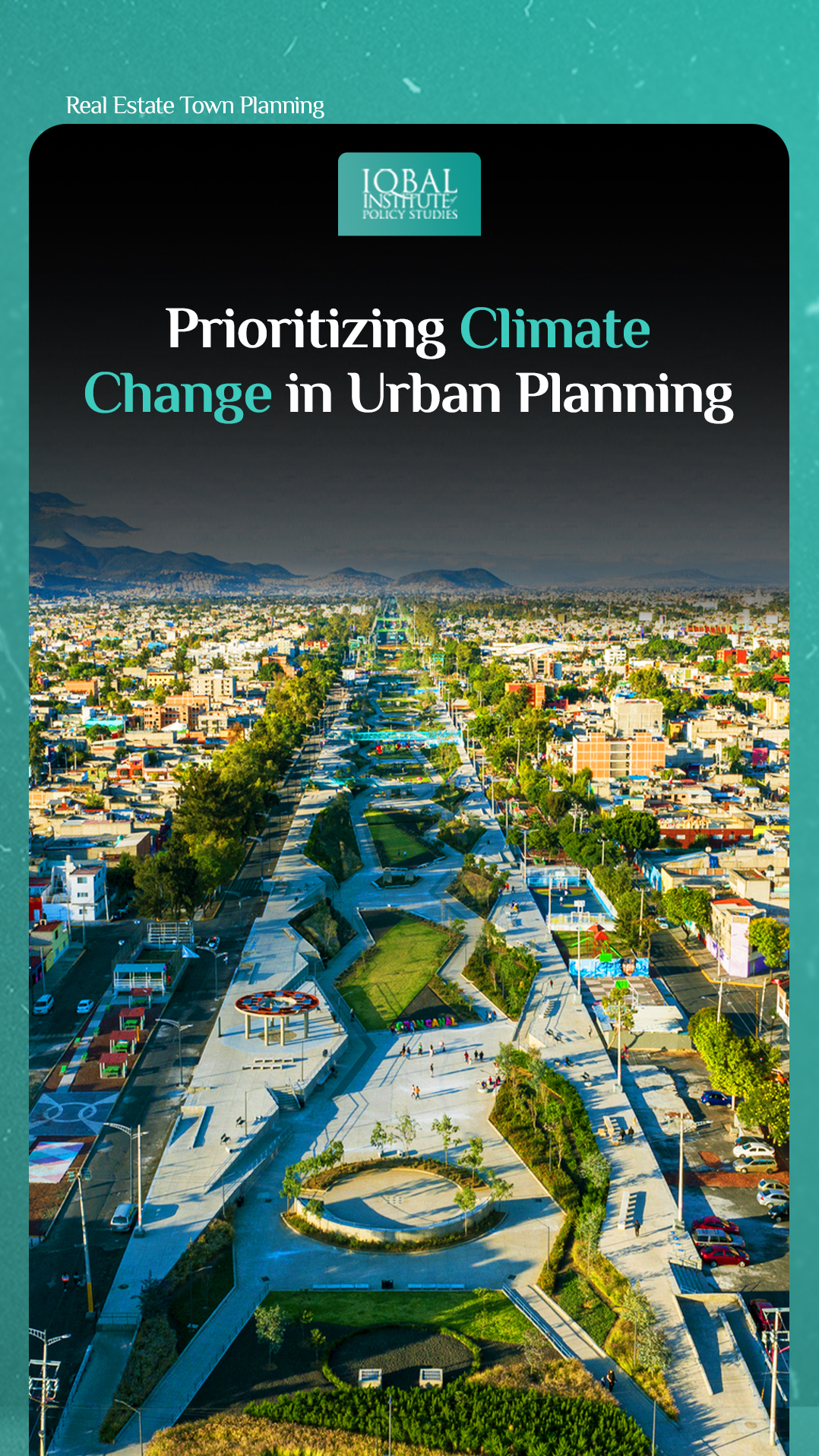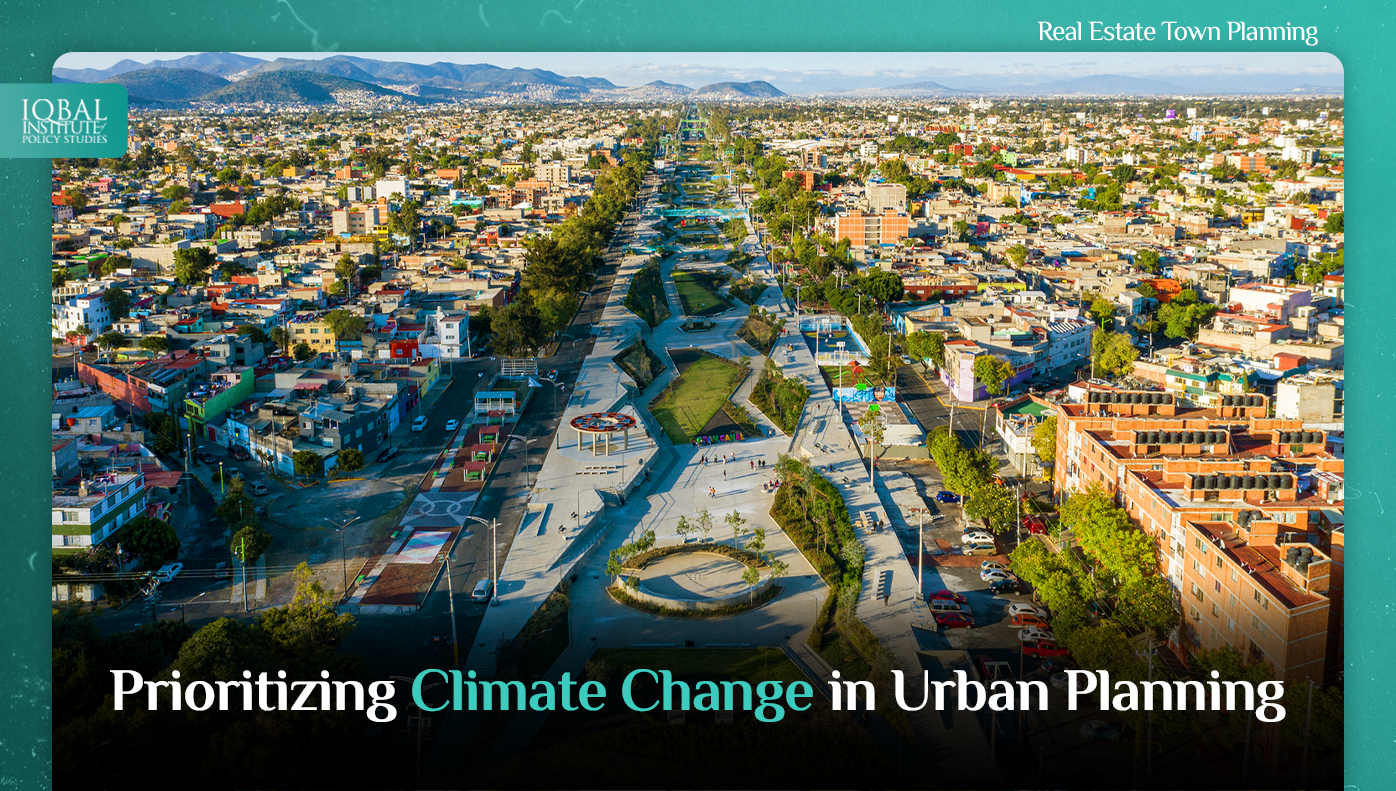Climate change poses a series of interconnected challenges to the country’s most densely populated cities. Many cities rely on infrastructure, like water and sewage systems, roads, bridges, and power plants, that are deteriorating and in need of repair or replacement. Climate changes affect the built, natural, and social infrastructure of cities, from the storm, drains to urban waterways to the capacity of emergency responders, and increase the risk of intense heat waves, heavy downpours, flooding from intense precipitation, and coastal storm surges, and disease incidence related to temperature and precipitation changes.
Recently, the Supreme Court (SC) has ordered the Capital Development Authority (CDA) to adapt climate resiliency and sustainability into their town planning and policies for protecting the constitutional rights to life, dignity, and property of the residents. The matter was brought into concern when the CDA Board of Directors ordering the commercialisation of the residential properties situated in front of the Industrial and Trading Centre, G-9/4. Later, the board realised that the decision would violate the capital’s master plan and rescinded its decision.
According to government officials, the country’s urban planners must prioritise the climate factor in their development approaches to address the triple planetary crises of climate change, air pollution and loss of biodiversity. Any conversion of residential neighbourhoods into commercial zones can lead to adverse environmental consequences on account of the increased human and vehicular activity. Such actions should be permitted with a proper investigation and remedial measures.
In urban living, climate change could impair the quality of life of a society, offend their dignity and deprive them of their property or the right to fully enjoy their property. Including adaptation, climate resilience, and sustainability in the policy decisions by the urban development authorities are important to realise the fundamental rights of the people. The urban development authorities must ensure that their urban development plans supported adaptation, climate resiliency, and sustainability. The authorities need to examine the climate change angle before presenting a development scheme or changes to the master plan.



Leave a Reply